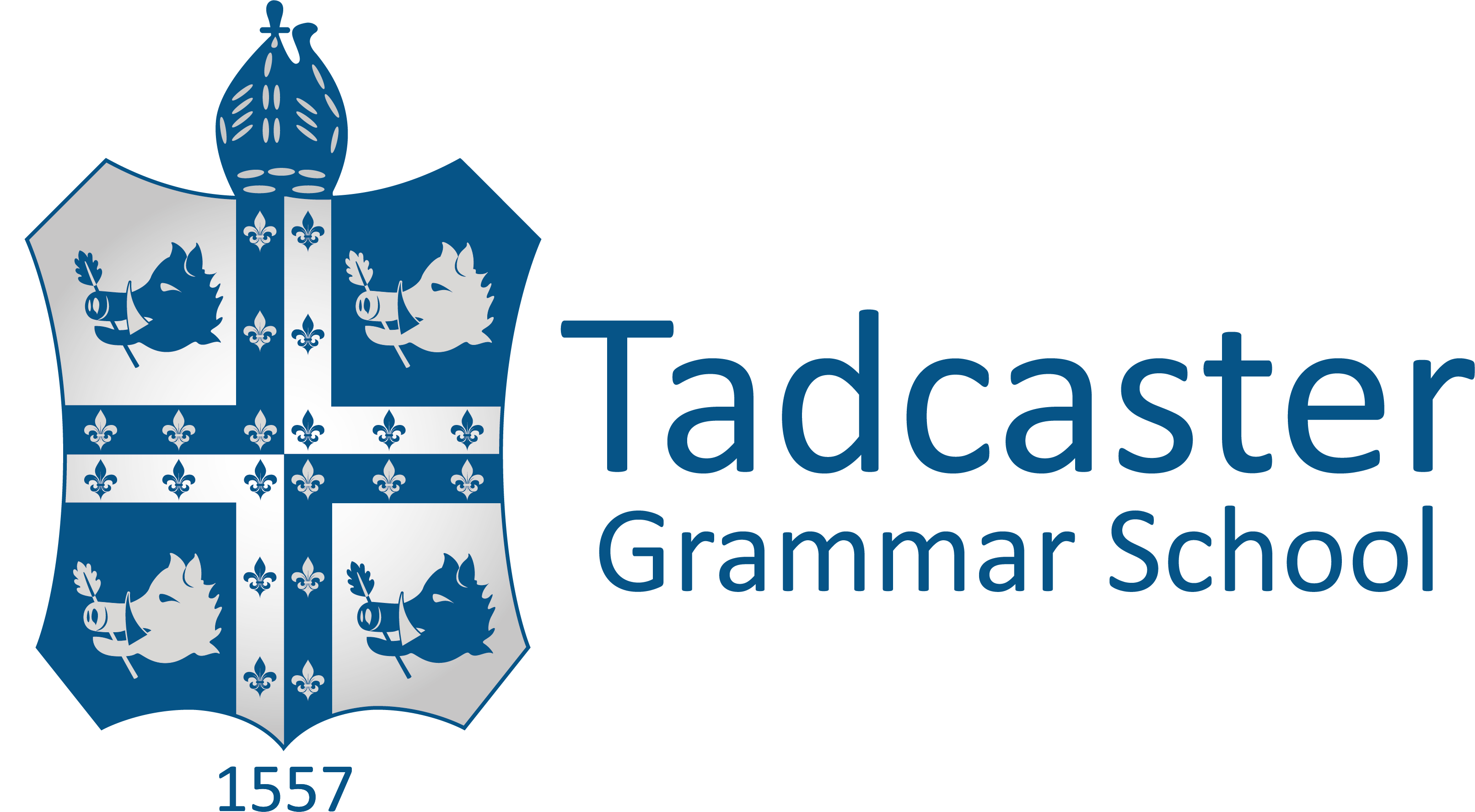Curriculum Team Leader
Mr R Remillard (r.remillard@tgs.starmat.uk)
Key Stage 3
Year 7
Students in Year 7 will be equipped with the basic computer skills they need throughout school and will then start to develop more specialist computing skills. The skills will be taught in projects where students develop and produce digital products. The content of the year is as follows:
- Introduction to school network, using email and e-safety
- Learning to set up a website
- Basic IT skills – keyboarding, word processing and spreadsheets
- Introduction to programming and devices
- Desktop Publishing and digital image manipulation
- Introduction to programming using Logicator
- Game creation
Year 8
Students in Year 8 will start to develop more specialist computing skills; they will learn to create computer programs using different languages and develop a digital product. Skills will be taught through projects that are designed to be accessible to all and yet challenge the most able. The content of the year is as follows:
- Hardware – disassemble a computer and learn about all the components
- Scratch – create a 2D video game
- Programmable buggy – program a buggy to complete different challenges
- An introduction to a text-based programming languages
- Digital image manipulation
- Video editing – produce a short promotional video
Year 9
Students in Year 9 will learn to create computer programs using text based language and develop digital products. Skills will be taught through projects that are designed to be accessible to all and yet challenge the most able. The content of the year is as follows:
- Website creation – Out and Up activity centre
- Python, text based programming – The basics and programming a robot arm
- Animation – Create an advertising banner
- Music festival – Produce a range of digital promotional products
Key Stage 4
GCSE Computer Science
GCSE Computer Science builds upon the fundamental computing concepts covered in Key Stage 3. Students learn to program in Python, taking on weekly challenges, and developing what we hope are very solid and transferable skills.. Assessment in the course is based upon two terminal exams. The first unit, Computer Systems, covers essential knowledge and understanding in:
- Components of a computer system
- Data representation which includes binary, hexadecimal, etc.
- Networks – how computers communicate with each other, and the various threats that can disrupt this, and how to deal with these issues
- Social, moral and cultural aspects of computers, the internet and the digital world
The second unit, Computational Thinking, Algorithms and Programming, covers the following:
- Algorithms – learning about search and sorting algorithms, how they work and how to code them, plus how algorithms are designed
- Programming – understanding the theory behind programming
- Design, Testing and IDEs – understanding the tools we use to develop programs and how we ensure they do what they are meant to do.
Alongside these units we have a required practical programming component delivered by tasks of increasing complexity and independence.
Key Stage 5
A level Computer Science
The A Level Computer Science course is designed for students who want to know more about computers, how programs are developed and the ways the computers communicate with each other. The course has a moderate amount of mathematical content, and a considerable amount of programming.
The first module culminates in an exam, and covers:
- Components of a computer, including a good understanding of the fetch-decode-execute cycle
- Systems software, mainly focused on the uses of an operating system
- Software development, focused on different programming paradigms and the use of assembly language
- Exchanging data, with a focus on relational databases
- Networks and web technologies, with some practical web development skills, as well as an understanding of fundamental search engine algorithms
- Data types, with a particular focus on floating point numbers
- Data structures, covering the basic building blocks of how data is organised, including stacks, queues, graphs, trees, etc.
- Boolean algebra, learning how to work with and simplify logic circuits
- Legal, moral, ethical and cultural issues related to the use of computers
The second module culminates in an exam, and covers:
- Computational thinking where students learn how to break down complex problems, and solve them in a logical manner
- Programming techniques, including object oriented programming
- Algorithms, where students learn about a range of important algorithms, including various sorting algorithms, graph traversal algorithms and optimization algorithms
The third module is a programming project taken on by each student. They have considerable freedom to choose a project that suits their interests and skills.

